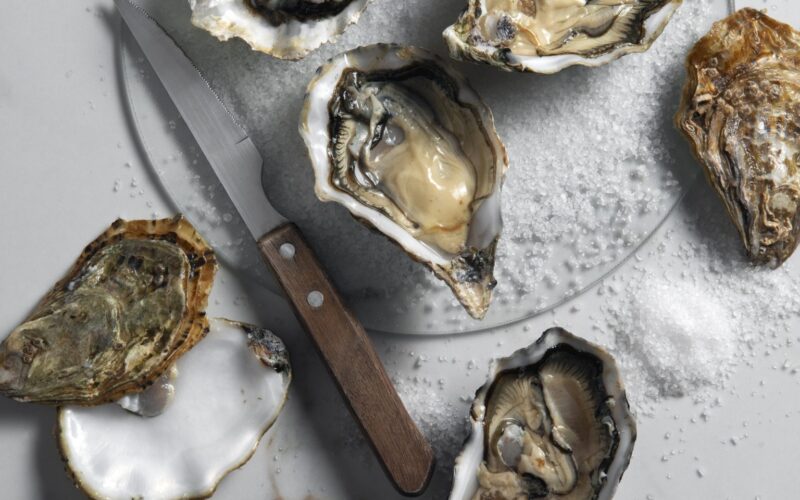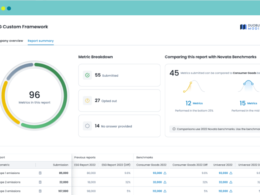Green Island Cement has launched an innovative upcycling project in partnership with two Hong Kong hotels, Eaton HK and The Langham, aimed at transforming discarded oyster shells into building materials. Oyster shells, which consist of 91% limestone, serve as an ideal raw material for making cement, reducing the need for carbon-intensive mining processes. Since the start of the pilot project in March 2023, the hotels have contributed eight tonnes of shells, significantly reducing the amount of waste sent to landfills.
“Oyster shells are perfect for making cement due to their high limestone content, and this project aims to alleviate the demand for mined limestone while also reducing landfill waste,” said Raymond Cheung, Green Island Cement’s division manager.
Harvey Thompson, General Manager of Eaton HK, emphasised the hotel’s commitment to sustainability, saying, “Our teams fully support the oyster recycling programme. It’s an opportunity to raise awareness, not only among our employees but also our guests, who may not realise that they’re contributing to something as impactful as this.”
Despite challenges in scaling up the project due to the labour-intensive process of cleaning and storing shells, Thompson remains optimistic about expanding the initiative. He believes that collaboration between hotels is key to success. Green Island Cement first discussed the idea 20 years ago but faced challenges due to the labor required to clean the shells. Thanks to this new partnership, the cleaned shells are crushed and combined with other ingredients to produce cement.
Thompson is confident that with collective effort, more hotels could participate in the programme. He said, “The partnership we have can serve as a model for other hotels. By working together, we can promote a collaborative effort in recycling.”
Hong Kong, which consumes three times more seafood than the global average, imports over 3,300 tonnes of oysters annually. Unfortunately, the city’s food-waste recycling facilities cannot process oyster shells, adding pressure on landfills.
“Young people have creative minds, and what wasn’t possible 10 years ago is possible now or in the future,” Thompson said, encouraging younger generations to embrace sustainability. Cheung echoed this sentiment, adding, “It doesn’t stop when you face a challenge. These little steps are what will make the programme successful. Don’t stop when you hit the first barrier.”
Raymond Cheung, Green Island Cement’s division manager, emphasised the importance of normalising oyster upcycling and involving the younger generation in sustainability efforts.





















